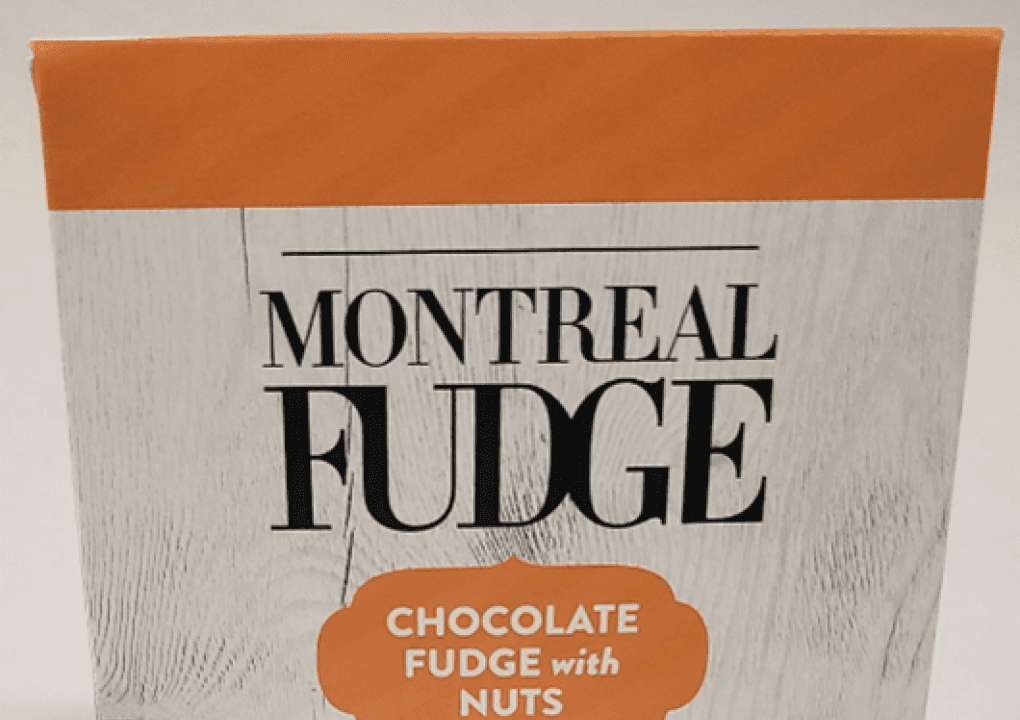Canada-based Authentik Fudge is pulling out hundreds of chocolate products from the U.S. market, citing concerns about potential mold growth, according to the U.S. Food and Drug Administration.
The recall applies to 840 units of “Chocolate Fudge with Nuts” products sold under the brand name “Montreal Fudge,” the Aug. 22 recall notice states. The items were distributed via Marshalls retail stores in 38 states and TJ Maxx outlets in eight states: Arizona, California, Colorado, New Mexico, Nevada, Utah, Washington, and Wyoming.





